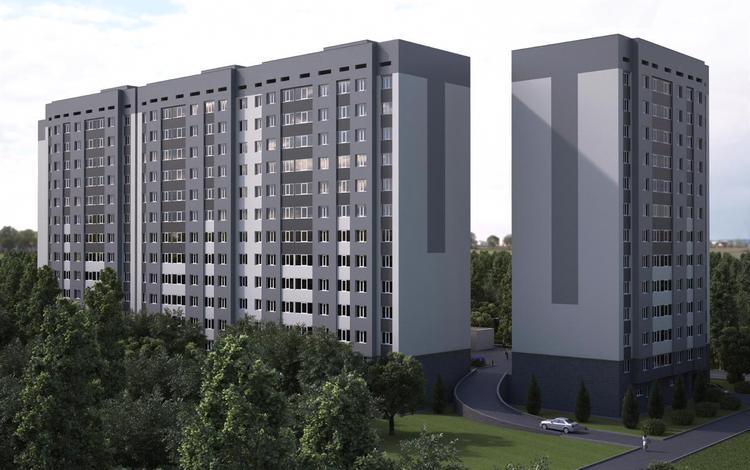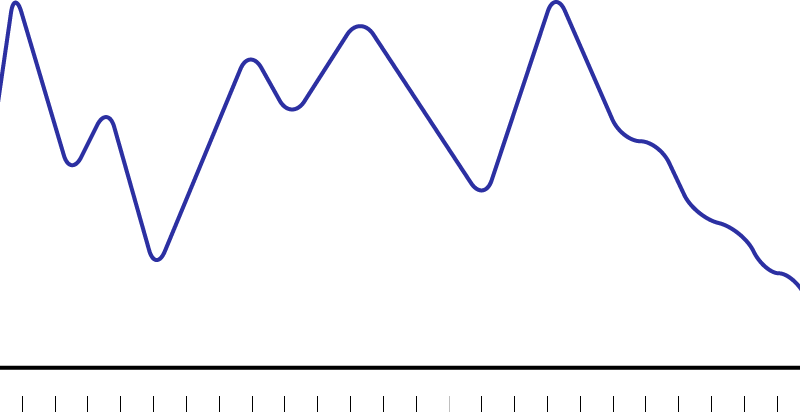The Moscow Arbitration Court satisfied the claim of the subsidiary of Gazprom-Media holding with the requirement to restore the account on the YouTube video hosting.
The court arrested the accounts and property of Google in Russia for 500 million rubles
The Moscow Arbitration Court satisfied the claim of the subsidiary of Gazprom-Media holding with the requirement to restore the account on the YouTube video hosting.
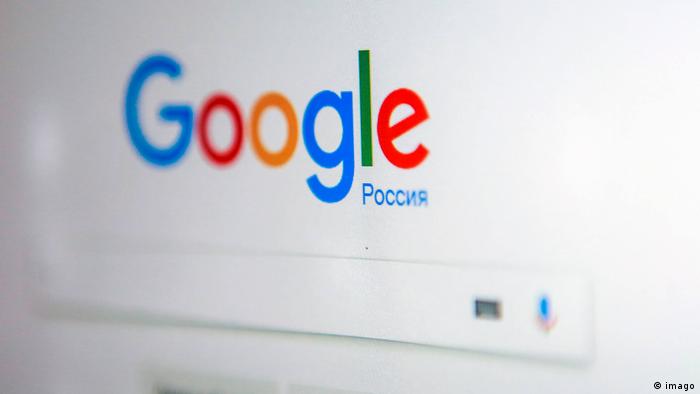
The Moscow Arbitration Court arrested the property and accounts of the Russian branch of Google in the amount of 500 million rubles at the suit of a subsidiary of the Gazprom-Media holding to restore an account on YouTube video hosting. This is stated in the ruling of the court, posted in the filing cabinet of arbitration cases on Tuesday, April 26.
As determined, GPM Entertainment TV filed a lawsuit against Google to invalidate a 2015 unilateral refusal to host content on YouTube. The company also demanded that full access to the YouTube channel be restored and that the defendant be ordered to pay a court penalty. The lawsuit is related to the blocking of the official TNT channel on YouTube, Interfax notes, citing the press service of Gazprom-Media.
In early March 2022, YouTube, owned by Google, began blocking government-funded Russian media channels. The platform linked this decision to the Russian invasion of Ukraine. In particular, the accounts of TNT and NTV TV channels, which are controlled by Gazprom-Media, fell under the blocking.
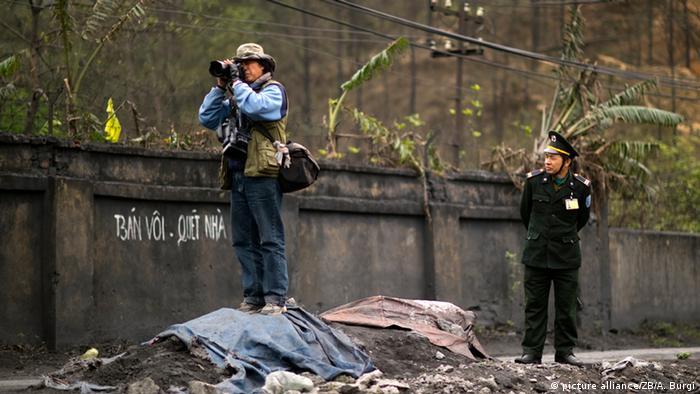
Country rankings from Reporters Without Borders: freedom of speech has no place here
Vietnam, 175th: Arrested for criticizing the regime
There are no independent media in Vietnam. The sole ruling Communist Party dictates to journalists how and what to write about. Publishers, editors and journalists for the most part are members of the Communist Party themselves. Recently, bloggers have been increasingly in the center of attention of the authorities. Those who challenge the communist monopoly on the right to express their opinions are being silenced by arrests.
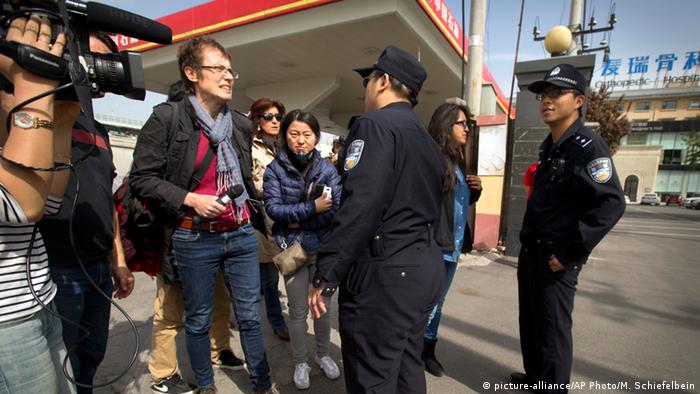
Country rankings from Reporters Without Borders: freedom of speech has no place here
China, 176th place: territory of captivity
According to Reporters Without Borders, China can be called the largest open-air prison for bloggers and journalists. The PRC authorities put massive pressure on dissidents, including employees of foreign media. Entire regions of China remain closed to them, their work is censored, and interlocutors and interview partners often end up behind bars.
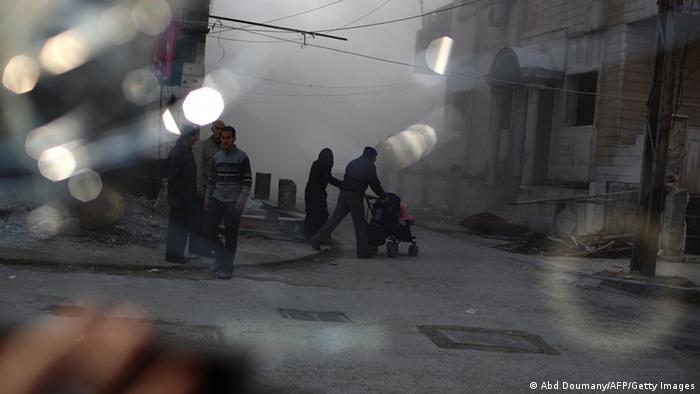
Country rankings from Reporters Without Borders: freedom of speech has no place here
Syria, 177th place: under bullets
Numerous members of the media have been persecuted and killed since the start of the Syrian civil war. For several years now, Reporters Without Borders has listed the Bashar al-Assad regime as an enemy of press freedom. However, the radical Al-Nusra Front, which opposes Assad, and the militants of the so-called Islamic State kill, kidnap and blackmail journalists.
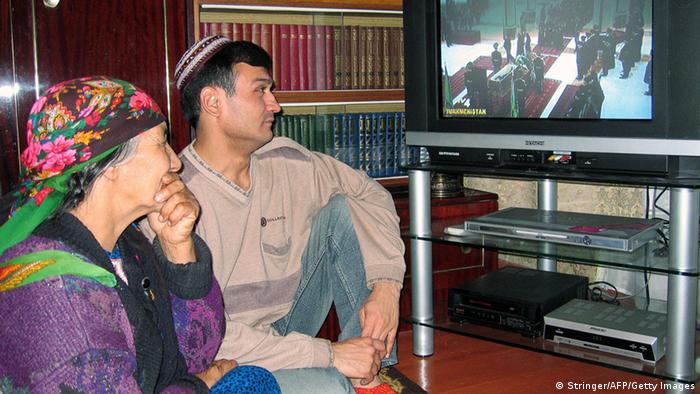
Country rankings from Reporters Without Borders: freedom of speech has no place here
Turkmenistan, 178th place: imaginary independence
Turkmen President Gurbanguly Berdimuhamedov owns all the media in the country. The only exception is the newspaper Rysgal, but its publishers must coordinate each issue. After the law on the media was adopted in the country in 2013, declaring freedom of the media and the inadmissibility of censorship, the population gained access to foreign media. However, the Internet is also controlled by the government.
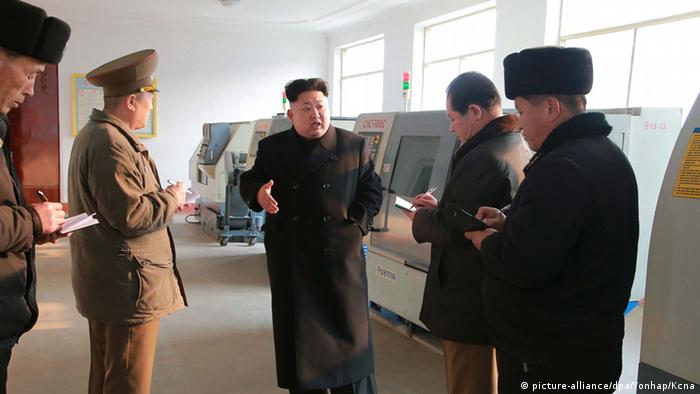
Country rankings from Reporters Without Borders: freedom of speech has no place here
North Korea, 179th place: the dictator dictates the rules
There is no freedom of the press in North Korea either. The leadership of the DPRK, led by Kim Jong-un (pictured), controls everything that local newspapers and magazines write. Television and radio receivers of the population are tuned exclusively to state broadcasters. Anyone who dares to express an opinion different from the opinion of the party ends up in the so-called labor re-education camps – along with all family members.
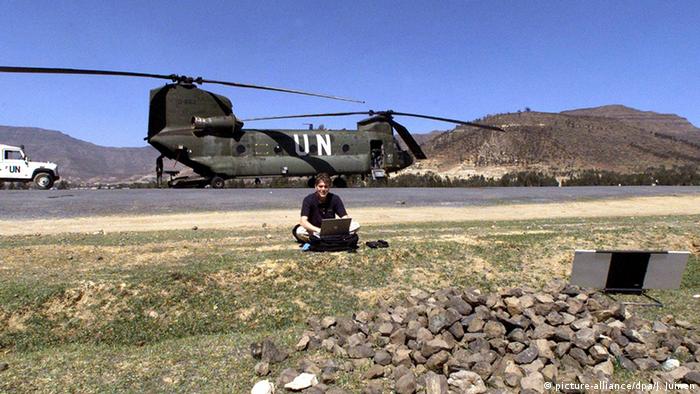
Country rankings from Reporters Without Borders: freedom of speech has no place here
Eritrea, 180th: North Korea in African style
Reporters Without Borders ranked Eritrea last in its press freedom rankings. According to human rights activists, this country has the worst regime for the media. Due to persecution and harassment, many journalists are forced to leave their homeland. The population of Eritrea can learn about the real situation in the country only through Radio Erena, which is broadcasting from Paris.

